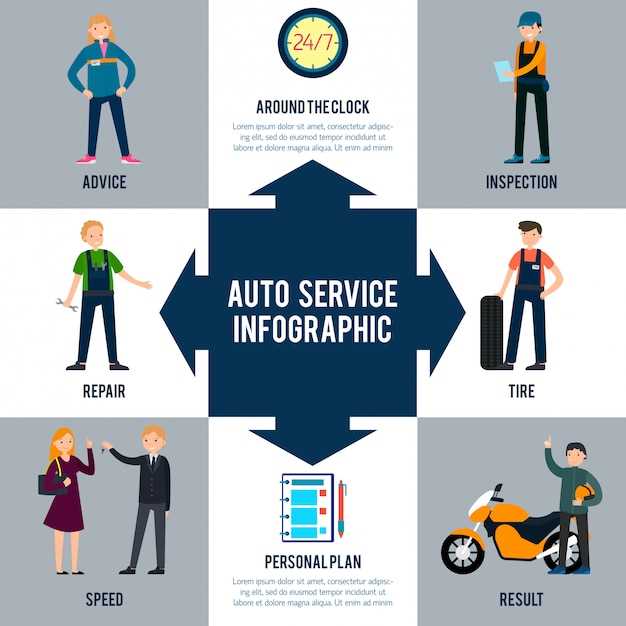Top 5 Signs Your Fiat Needs a Tune-Up

Maintaining the health of your Fiat is essential for its longevity and performance. Regular tune-ups ensure that your vehicle operates smoothly and efficiently. However, there are specific signs that indicate your car may need immediate attention. Ignoring these warning signals can lead to more significant issues down the road.
In this article, we will explore five crucial indicators that suggest your Fiat is overdue for a tune-up. From unusual noises to warning lights on the dashboard, recognizing these symptoms early can save you time and money on repairs. Understanding these signs is vital for maintaining not just the performance of your vehicle, but also your safety on the road.
Being proactive about vehicle care is key. Pay close attention to your Fiat, and don’t dismiss any unexpected changes in its performance. Let’s dive into the warning signs that should prompt you to seek a tune-up immediately.
Unusual Engine Noises Indicating Potential Issues
One of the most critical indicators that your Fiat might require a tune-up is the presence of unusual engine noises. These sounds can be warning signs of underlying problems that, if left unaddressed, may lead to more serious issues and costly repairs.
For instance, a loud knocking or tapping noise could suggest that your engine is experiencing issues with the internal components, such as the pistons or bearings. This type of sound often indicates that the oil levels are low or that the engine oil may be dirty, reducing lubrication and causing wear.
A high-pitched squeal when starting your engine might indicate a problem with the serpentine belt or its tensioner. If the belt is worn or loose, it may not properly drive critical engine components, leading to breakdowns if not resolved through a timely tune-up.
If you hear a hissing or bubbling sound, this could signal a coolant leak, which can lead to overheating if not addressed. Low coolant levels may damage your engine, so immediate inspection is critical.
These unusual noises serve as vital warnings. If you experience any of them, it’s essential to have your Fiat assessed by a professional mechanic. Early intervention can prevent more extensive damage and ensure your vehicle remains reliable and safe.
Dashboard Warning Lights: What They Mean for Your Fiat

Dashboard warning lights are your Fiat’s way of communicating important information about its performance and health. Ignoring these signals can lead to serious issues, and may indicate that your vehicle requires an immediate tune-up.
Check Engine Light: This light can mean a variety of issues, from minor sensor problems to serious engine complications. If it illuminates, it is crucial to have your Fiat checked as soon as possible. A proper diagnosis can prevent more extensive repairs down the line.
Oil Pressure Warning: If this light appears, it indicates that the oil pressure in your engine is low. This could be a sign of insufficient oil levels or a failing oil pump. Neglecting this warning can lead to severe engine damage, necessitating a prompt tune-up.
Battery Warning: The battery light signifies an issue with your vehicle’s charging system. It could be a problem with the battery itself, the alternator, or the electrical connections. Addressing this warning swiftly will help maintain your Fiat’s reliability.
Brake Warning Light: When this light activates, it can mean several things, including low brake fluid, worn brake pads, or a malfunctioning anti-lock braking system (ABS). Since brakes are crucial for safety, never overlook this warning and seek a tune-up immediately.
Temperature Warning: If your Fiat’s engine is overheating, this light will illuminate. This could result from low coolant levels or a malfunctioning thermostat. Overheating can cause severe engine damage, making a quick response essential.
Understanding these dashboard warning lights is vital for the longevity of your Fiat. If you encounter any of these signals, it is advisable to schedule a tune-up. Early intervention can save you from more significant issues and costly repairs.
Decreased Fuel Efficiency and Its Connection to Tune-Ups

One of the most noticeable signs that your Fiat may require an immediate tune-up is a decrease in fuel efficiency. If you find yourself making more frequent stops at the gas station or noticing that your tank empties faster than usual, it’s time to consider the underlying issues.
Decreased fuel efficiency can stem from various factors, including worn spark plugs, clogged air filters, or malfunctioning fuel injectors. These components play crucial roles in how efficiently your engine operates. When they are not functioning optimally, your engine has to work harder, leading to increased fuel consumption.
A routine tune-up can address these issues head-on. Replacing spark plugs ensures that your engine receives the proper spark for combustion, while a clean air filter allows for better airflow, enhancing engine performance. Additionally, examining fuel injectors during a tune-up can help guarantee that the right amount of fuel is delivered to the engine at the correct times.
Ignoring decreased fuel efficiency not only impacts your wallet but can also lead to more severe mechanical problems down the line. Therefore, evaluating your Fiat’s performance and seeking a tune-up at the first signs of reduced efficiency is essential for maintaining optimal engine health and ensuring that you get the best mileage possible.



